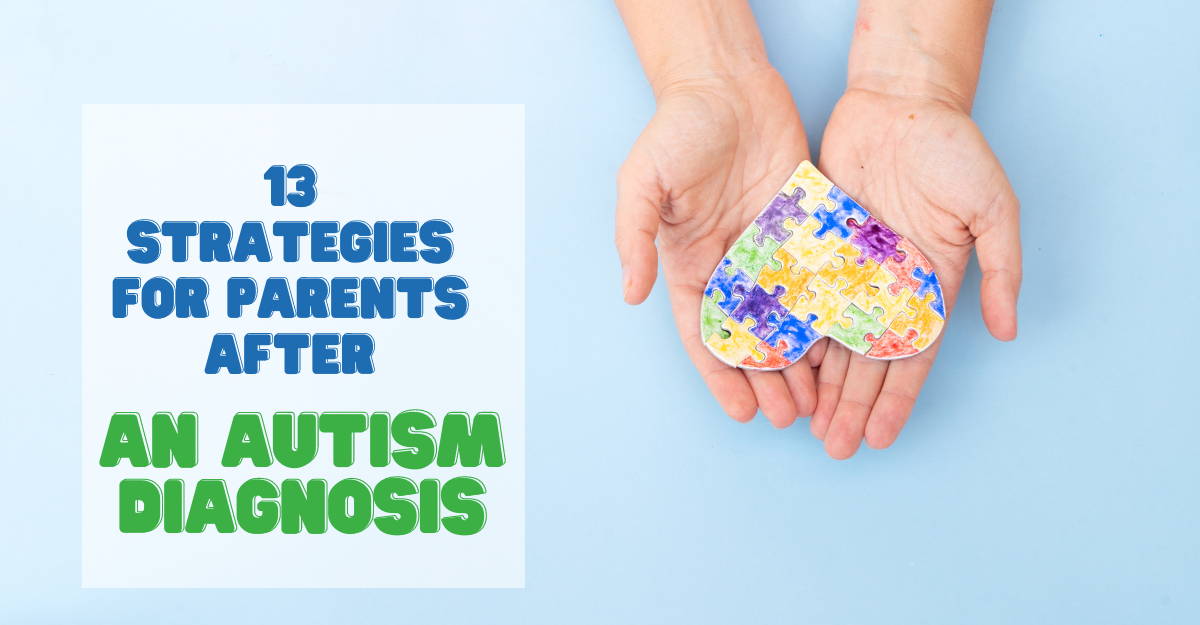It's important to remember that these reactions are natural and part of the process of coming to terms with the diagnosis.
It is essential to acknowledge these feelings and give yourself time to process them. Acceptance does not mean denying or minimizing the challenges that may come with autism; rather, it means embracing your child for who they are and celebrating their unique strengths and abilities.
It's natural to have questions and concerns about how to best support your child's development and well-being. While every child is unique, there are strategies that can help parents navigate this new journey with confidence and provide a nurturing environment for their child. In this blog post, we will explore some practical strategies and tips for parents after an autism diagnosis.


